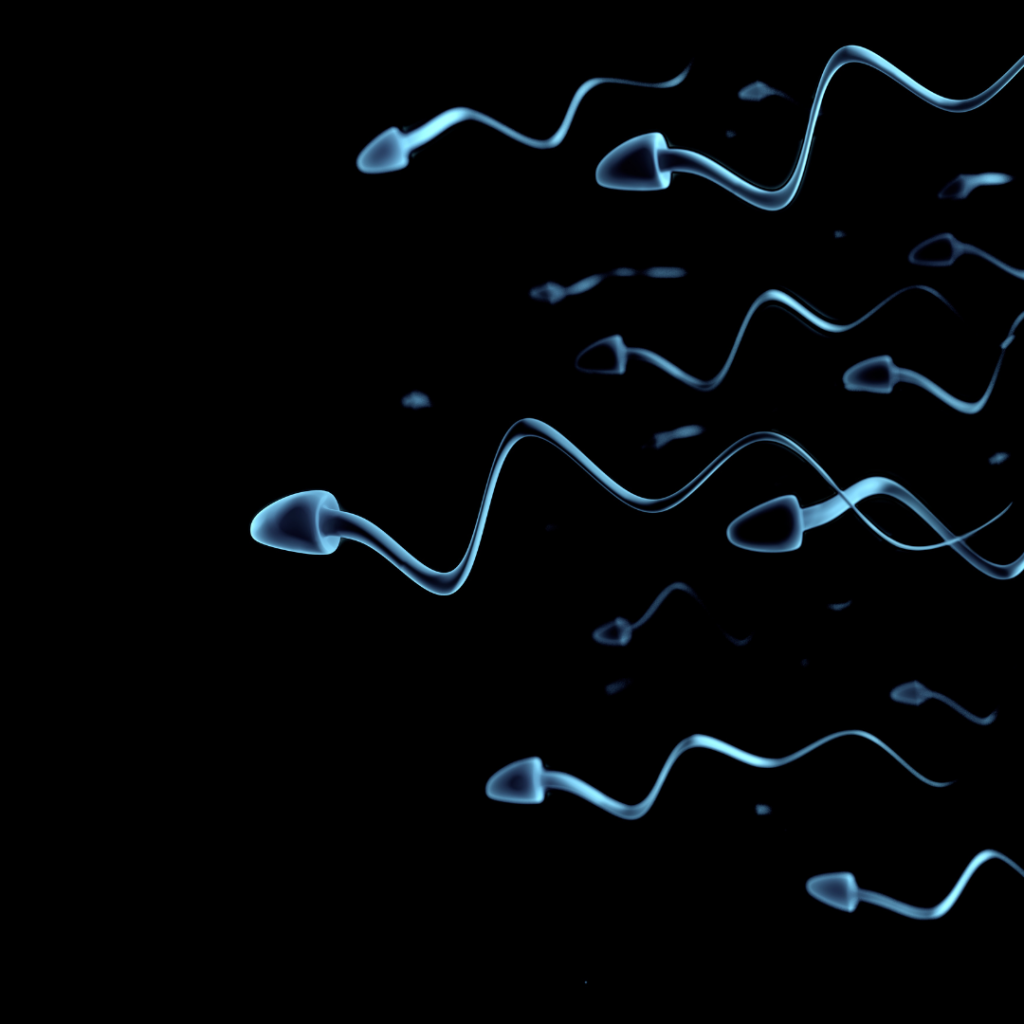
Hidden evolution in sperm raises disease risk for children as men age
8th October 2025 – by Wellcome Sanger Institute
Researchers at the Wellcome Sanger Institute and King’s College London reveal how certain DNA changes in sperm can become more common as men age, with implications for offspring health.
New research shows that some changes in sperm DNA become more common as men get older because certain mutations are favoured during sperm production. While these findings provide important insights for reproductive science, it’s important to note that most sperm and pregnancies are healthy, and these results do not predict individual outcomes.
In a landmark study published in Nature (Date), researchers from the Wellcome Sanger Institute, in collaboration with the TwinsUK study at King’s College London, mapped how DNA changes in sperm cells accumulate across the genome as men age. Using NanoSeq, an ultra-accurate sequencing method, the team analysed sperm from 81 healthy men, aged 24 to 75, with unprecedented precision.
The study found that 3–5% of sperm from middle-aged and older men carry mutations linked to disease. This increase is not only due to random DNA changes over time but also reflects a subtle form of natural selection in sperm-producing cells that gives certain mutations a competitive advantage. The researchers identified around 40 genes where this effect is most pronounced, many of which are linked to childhood conditions and inherited cancer risk.
Sperm samples were collected as part of the TwinsUK cohort. By combining these samples with extensive health and genetic data, the team was able to explore how mutations arise and evolve with age in healthy individuals.
Professor Kerrin Small, Scientific Director of TwinsUK, said:
“We are incredibly grateful to the twins who took part in this study. Their contribution allows us to explore how mutations accumulate with age in healthy individuals, and highlights the value of long-term, population-based research in understanding health. This collaboration shows how TwinsUK can provide unique insights into genetics that wouldn’t be possible otherwise.”
While the proportion of sperm carrying mutations rises with age, not all changes affect fertility or pregnancy outcomes. Some may reduce fertilisation success or contribute to early pregnancy loss. Further research is needed to understand how these findings translate into health outcomes for children.
Dr Matthew Neville, first author from the Wellcome Sanger Institute, said:
“We expected to find some evidence of selection shaping mutations in sperm. What surprised us was just how much it drives up the number of sperm carrying mutations linked to serious diseases.”
Dr Matt Hurles, Director of the Wellcome Sanger Institute and co-author, said:
“Our findings reveal a hidden risk that increases with paternal age. Some changes in DNA not only survive but thrive within the testes, meaning that fathers who conceive later in life may unknowingly have a higher risk of passing on a harmful mutation to their children.”
